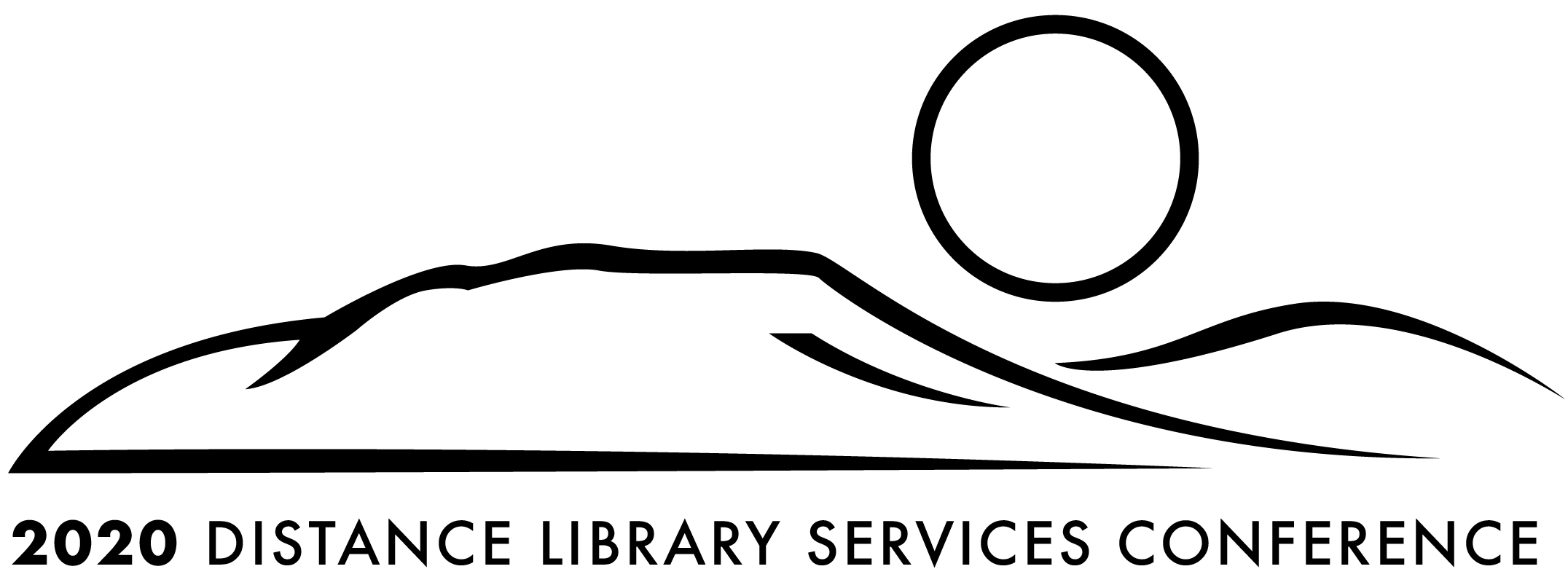Student-Centered Engagement: A Dialogue with Incoming Non-Traditional Business Graduate Students
Session Format
In-person Poster
Conference Tracks
Library Instruction and Instruction Design; Outreach, Services, and Programs
Short Description
At a completely online, non-profit university that facilitates a unique one-to-one model, known as Teaching through Engagement (TTE)©, the Library identified a need for expanding services to incoming School of Business graduate students returning to academia within a non-traditional setting. Existing literature has identified that business students’ information literacy needs differ from those within other disciplines. Addressing this difference, Librarians partnered with School of Business Deans and Faculty to develop a program branded as Research Smart: Getting Started, providing incoming graduate students with one-on-one consultations that facilitate a dialogue and establish a foundation of business information literacy skills.
Long Description
At a completely online, non-profit university that facilitates a unique one-to-one model, known as Teaching through Engagement (TTE)©, the Library identified a need for expanding its services to incoming School of Business graduate students returning to academia within a non-traditional setting. The TTE© Model is “an authentic interaction that uses technology to facilitate genuine, systematic, and substantive dialogue before, during, and after the creation and/or application of scholarship.” In addition, existing literature has identified that business students’ information literacy needs differ from those within other disciplines. Addressing this need, Librarians partnered with School of Business Deans and Faculty to develop a program branded as Research Smart: Getting Started, providing incoming graduate students with one-on-one consultations that facilitate a dialogue and establish a foundation of business information literacy skills specific to students’ academic needs. Student consultations are conducted via Zoom software providing the librarian the opportunity to meet students face-to-face, establish a connection, and provide the student with the foundation to conduct scholarly research in addition to topical research, such as identifying sources for industry trends, understanding the value of trade associations and publications, and distinguishing the key databases available for industry reports, profiles, and other relevant information. A pre-test is administered through a registration form asking for demographics and familiarity with the library and research. A post-survey is administered via LibWizard after the session to assess student completion of the Business Reference and Services Section (BRASS) Research Competencies. Finally, the students’ instructors are surveyed after the student has completed the enrolled course at the time of the session in order to assess faculty perspective of student knowledge retention and synthesis as well as course success. Librarians hope to gather this data and utilize it to create additional student-centered resources and services.
Learning Objectives
- Identify ways one could apply this student-centered engagement model to unique library environments.
- Assess the process of engaging incoming adult graduate students who are new to a completely online environment, and who are returning to academia.
- Assess ways to engage faculty in collaborating in student-centered outreach services within the library.
Student-Centered Engagement: A Dialogue with Incoming Non-Traditional Business Graduate Students
At a completely online, non-profit university that facilitates a unique one-to-one model, known as Teaching through Engagement (TTE)©, the Library identified a need for expanding its services to incoming School of Business graduate students returning to academia within a non-traditional setting. The TTE© Model is “an authentic interaction that uses technology to facilitate genuine, systematic, and substantive dialogue before, during, and after the creation and/or application of scholarship.” In addition, existing literature has identified that business students’ information literacy needs differ from those within other disciplines. Addressing this need, Librarians partnered with School of Business Deans and Faculty to develop a program branded as Research Smart: Getting Started, providing incoming graduate students with one-on-one consultations that facilitate a dialogue and establish a foundation of business information literacy skills specific to students’ academic needs. Student consultations are conducted via Zoom software providing the librarian the opportunity to meet students face-to-face, establish a connection, and provide the student with the foundation to conduct scholarly research in addition to topical research, such as identifying sources for industry trends, understanding the value of trade associations and publications, and distinguishing the key databases available for industry reports, profiles, and other relevant information. A pre-test is administered through a registration form asking for demographics and familiarity with the library and research. A post-survey is administered via LibWizard after the session to assess student completion of the Business Reference and Services Section (BRASS) Research Competencies. Finally, the students’ instructors are surveyed after the student has completed the enrolled course at the time of the session in order to assess faculty perspective of student knowledge retention and synthesis as well as course success. Librarians hope to gather this data and utilize it to create additional student-centered resources and services.

